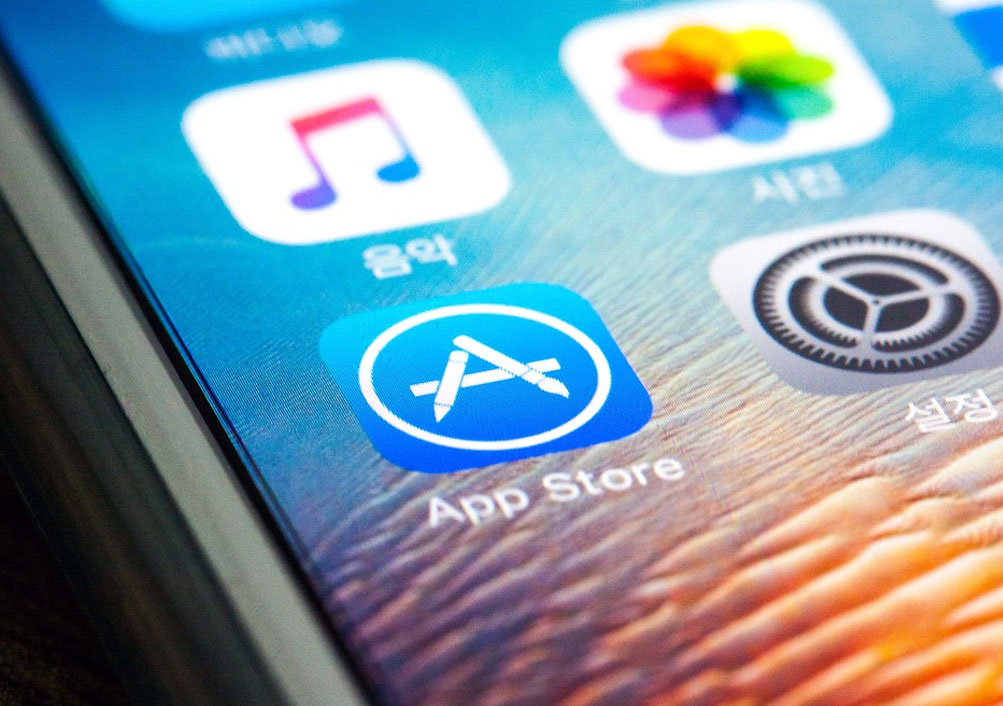CCI orders probe into Apple’s App Store Market policies over allegations of anti-competitive restraints & abuse of dominant practices in markets for distribution of apps

Read Order: Together We Fight Society vs. Apple Inc & Apple Distribution International Limited
Pankaj Bajpai
New Delhi, January 4, 2022: The Competition Commission of India has opined that the mandatory use of Apple’s IAP for paid apps & in-app purchases restrict the choice available to the app developers to select a payment processing system of their choice especially considering when it charges a commission of up to 30% for app purchases and in-app purchases.
Further, considering that the App Store is the only source of downloading apps in the iOS and its condition requiring use of application store’s payment system for paid apps & in-app purchases, it appears that Apple controls the significant volume of payments processed in the market, added the CCI.
A Coram of Mr. Ashok Kumar Gupta (Chairperson), Ms. Sangeeta Verma (Member) and Mr. Bhagwant Singh Bishnoi (Member) therefore observed that leveraging by Apple of its dominant position in App Store market to enter/protect its market for in-app purchase payment processing market, is violation of Section 4(2)(e) of the Competition Act, 2002.
The observation came pursuant to an Information originally filed u/s 19(1)(a) of the Competition Act, by Together We Fight Society (Informant), a non-government organization, against Apple Inc. (first Opposite Party) and Apple India Private Limited (AIPL), alleging contravention of various provisions of Section 4 of the Act.
Going by the background of the case, Apple Inc. is engaged in designing, marketing and selling smartphones (including the iPhone), personal computers (including iMacs), tablets (including the iPad), wearables and accessories. Further, Apple is stated to own and operate the Apple’s App Store to distribute applications and ADI is the Apple entity which is responsible for Apple’s proprietary App Store.
The Informant had alleged that Apple uses a barrage of anti-competitive restraints and abuse of dominant practices in markets for distribution of applications (apps) to users of smart mobile phones and tablets, and processing of consumers’ payments for digital content used within iOS mobile apps. The Informant had averred that Apple imposes unreasonable and unlawful restraints on app developers from reaching users of its mobile devices unless they go through the ‘App Store’ which is stated to be controlled by Apple. Further, Apple also requires app developers who wish to sell digital in-app content to their consumers to use a single payment processing option offered by Apple, which carries a 30% commission. As per the Informant, this amounts to abuse of its dominant position on the part of Apple in violation of Section 4 of the Act.
After considering the submissions, the Coram noted that the app developers, in order to maximize their reach to the maximum set of consumers, would not like to confine their offerings exclusively to one of the ecosystems as it would imply losing a sizable portion of the potential consumers’ revenue who are available on the other platform.
The essentiality of the iOS ecosystem from the app developers’ perspective cannot be overlooked and at the same time, for the consumers too, certain popular apps are a must have irrespective of the ecosystem and hence app developers’ have to service them, added the Coram.
The CCI noted that recognizing the cross side network effects, app developers have to develop and innovate for each of the ecosystem to be able to maximize their revenue and provide a wider consumer choice.
The Commission was of the prima facie view that Apple holds a monopoly position in the relevant market for app stores for iOS in India, and the dependence of the app developers appear to result in acceptance of Apple’s mandatory and non-negotiable rules inter alia relating to distribution of apps through App Store, by the latter.
The Coram found that Apple makes it mandatory to use Apple’s proprietary in-app purchase system (IAP) for distribution of paid digital content and it charges app developers commission of up to 30% on subscriptions bought through the mandatory IAP, and further, Apple prohibits app developers from informing app users about the ability to purchase on the web.
Thus, Apple prohibits app developers to include a button/link in their apps which take/steer the user to third party payment processing solution other than Apple’s IAP, added the Coram.
“While the App Store policies of Apple allows users to consume content such as music, e-books, etc purchased elsewhere also in the app, its rules restrict the ability of app developers to inform users about other purchasing options through a notification in the app itself, which might be cheaper, which would result in higher price for the users of such apps”, observed the Commission.
Thus, the Commission concluded that Apple has violated the provisions of Section 4(2)(a), 4(2)(b), 4(2)(c), 4(2)(d) and 4(2)(e) of the Act, and hence directed the Director General (DG) to cause an investigation to be made into the matter under the provisions of Section 26(1) of the Act.
The CCI however made it clear that nothing stated in this order shall tantamount to a final expression of opinion on the merits of the case and the DG shall conduct the investigation without being swayed in any manner whatsoever by the present observations.
Sign up for our weekly newsletter to stay up to date on our product, events featured blog, special offer and all of the exciting things that take place here at Legitquest.




Add a Comment